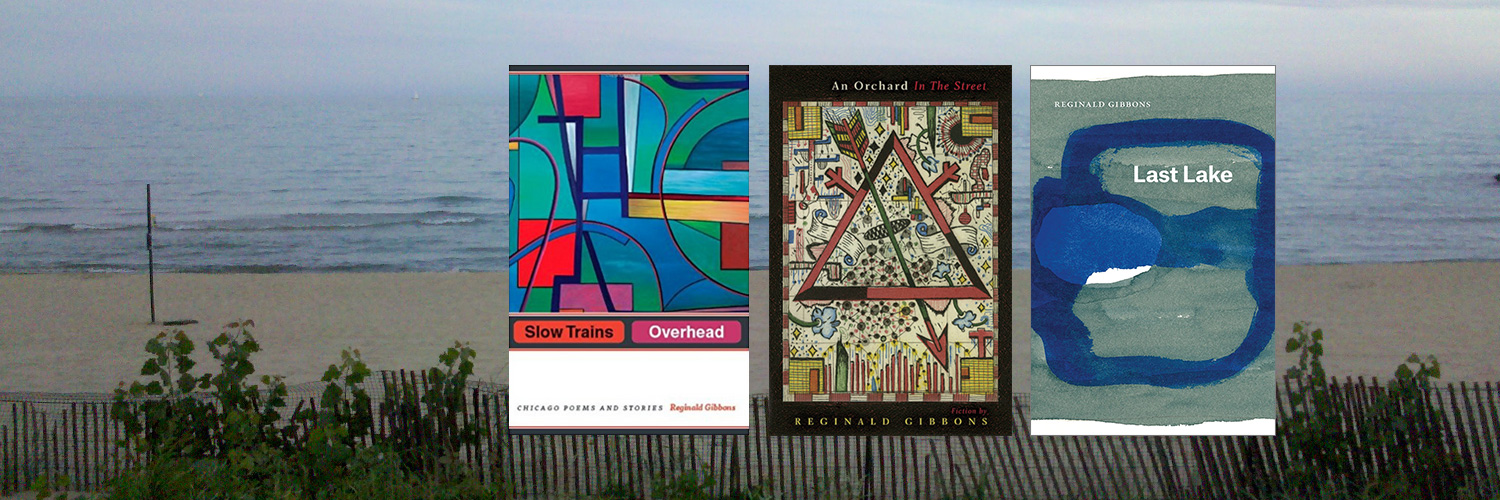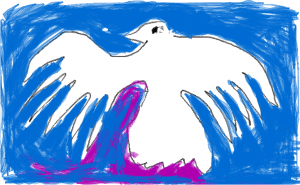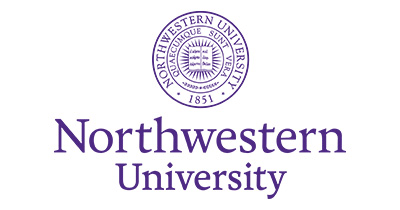“What Remains”: Poem of the Week at The Guardian, April 27 2021:
https://www.theguardian.com/books/2021/apr/27/poem-of-the-week-what-remains-by-reginald-gibbons
Bio & poems at:
https://www.poetryfoundation.org/search?query=reginald+gibbons
See “About Reginald Gibbons” page for news, publications, and more information.
Please order books from your favorite independent book store,
or from https://bookshop.org/books?keywords=reginald+gibbons
Renditions, poems, published in February 2021 by Four Way Books.
Chris Abani: “Reginald Gibbons’ new book showcases a master at his best. With the flair of an old-school jazz arranger and the discipline of a classical composer, he revisits classic works of other poets and renders them fresh and with new histories, new ambitions. With the same skill he builds new poems of his own that when juxtaposed with the old create a new standard song book–at once familiar and new; at once classical and innovative; at once respectful and irreverent. Elegant, felicitous and lyrical, Reginald Gibbons adds a new beauty to his already impressive oeuvre.”
Rosanna Warren: “This collection might also be called ‘Liberties’: Reginald Gibbons has taken passionate liberties with the poems he loves, from many languages and many centuries. In a devotional ventriloquism, he throws his voice into the voices of Wang Wei, Sophocles, Pindar, Tsvetaeva, Mandelshtam, Neruda and a host of others. Ancient themes of justice and injustice resonate through his modern forms, and the volume gathers in the final ode to an extended, eloquent, and furiously contemporary curse on a recognizable tyrant. For Reginald Gibbons, poetry is collective: he has turned his debts into song.”
Ilya Kaminsky: “If poetry is our chief means of breaking bread with the dead, as Auden suggested, then Reginald Gibbons’ Renditions is the best kind of feast you can imagine.[…] Gibbons is a master of variousness, he excels in many different tonalities at once, as if each is a different tongue. Though his favorite, perhaps, is the language of nuance and delicacy, of lyric precision.[…] This is a genuinely gorgeous, generous collection: across time and space, this one-man chorus sings the way Pasternak recommended when he whispered that poets should go across the borders, smashing those borders.”
Publishers Weekly review (Jan. 18, 2021): “Gibbons (Last Lake) honors a poetic heritage spanning cultures and centuries in his thoughtful 11th collection. Throughout, he invokes the work of other poets, including Pablo Neruda, Cesar Vallejo, Bertolt Brecht, and Marina Tsvetaeva as homage to the power of language to reinvent itself. Each poem is a “rendition” of another poet’s work, which allows Gibbons to celebrate the relationship between translation, creation, and artistic appropriation. His riffs on ancient writings reveal surprising echoes to the contemporary world, as in his take on eighth-century Chinese poet Wang Wei’s sense of urban isolation and angst in “On Argyle Street”: “smoky, cold, broken late-afternoon clouds / mob eastward. Roaming west, I see on side- / walks no one I know, no one who knows me.” Memory becomes a way for Gibbons to give thanks to those poets who preceded him and made his own path as a poet possible, as he alludes in a rendition of Nelly Sachs: “A crack zigzagged open in Time // In peeked Memory.” This book is full of deep respect for poets and the languages and cultures from which it borrows, emphasizing the shared connections in poetic tradition, even as it reimagines that tradition.”
On An Orchard in the Street: “There is never a moment in these pieces which breaks the reader’s total immersion in Gibbons’ characters or those characters’ equal immersion in the singular moments of their lives. Here is truth so close to beauty and beauty so close to truth as to make no difference which came first.” —Kirkus
On Last Lake: “In his latest, National Book Award finalist Gibbons (Creatures of a Day) declares, ”’self’ and ‘soul’ ponder what has been.” From a ploughman leaning ‘his everything/ …onto the centuries’ to a boy recalling an incident with his grandmother, Gibbons does ponder the past, his and ours. But the boy’s memories are uncertain, the grandmother won’t mention hers, and if ‘not a millionth part of nature’ is plausible, it’s not why we’re alive but the experienced moment that matters. Hence the ‘catastrophe and awe’ that sum up paddling around a cold Canadian lake. Fittingly, Gibbons ends with by honoring Osip Mandelshtam, replicating his pinpointedly lyrical look at a world where it’s the ‘July light… [that] is holy.’ VERDICT Occasionally longish poems but always with a payoff; for all readers.” —Library Journal
On Slow Trains Overhead, “[Gibbons] chronicles the beautiful chaos of his adopted hometown, its furious pace and its powerful history, a history tucked into the creases between the great buildings like a love note left in a school locker.” –(Julia Keller Chicago Tribune)
On How Poems Think: “I’m fascinated by [Gibbons’s] discussion of the metaphysics of languages and the ways in which English, with its massive and particularizing vocabulary, enables different modes of thinking and feeling than, say, the Platonic idealism expressed by French. . . . Gibbons’s book is a bright star in the firmament of my current reading.” Joshua Corey, Poetry Magazine
On How Poems Think: “There are so many things to admire in this book: its sound analyses, its wisdom about art’s relation to the psyche, its pioneering work in making other poetic traditions comprehensible to us. But above all else, it is timely. Contemporary ‘accessible’ poetry is impoverished by its ignorance of the dimensions Gibbons explores. Contemporary experimental poetry is aware of them, but, shaped by postmodernist theory, it ignores their roots in the emotions and the unconscious. Poets of whatever school, as well as all who are interested in poetics, will find their horizons expanded by reading this book.” Alan Williamson, Modern Philology




